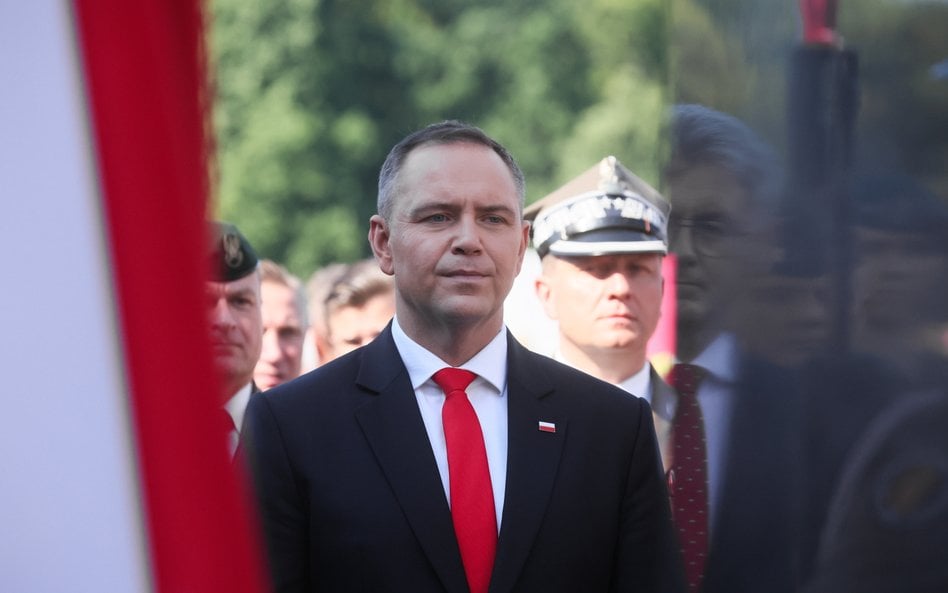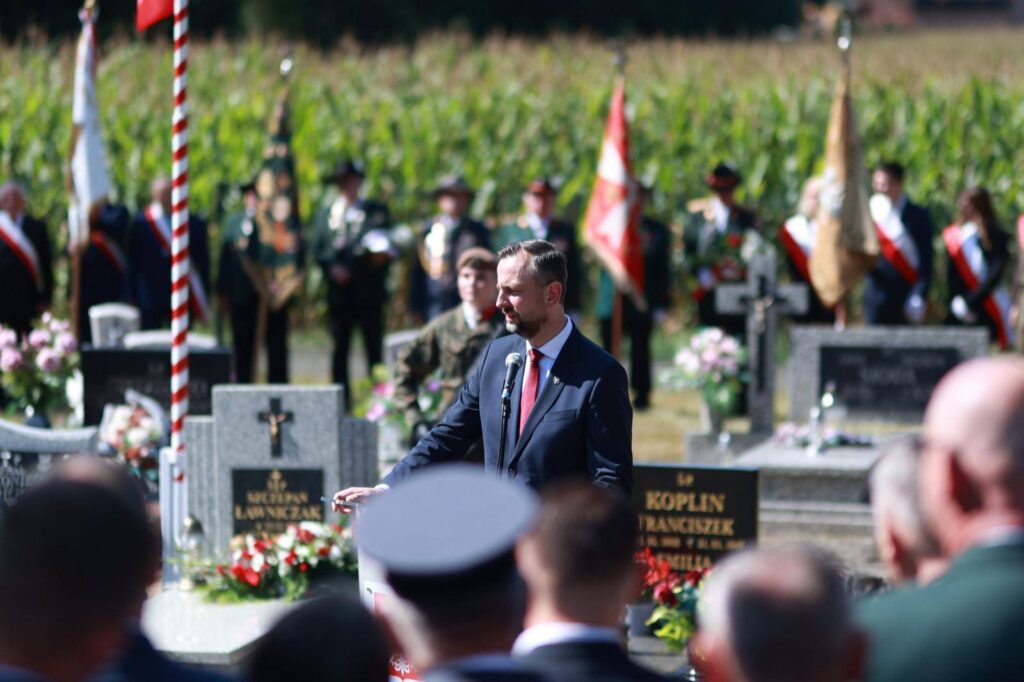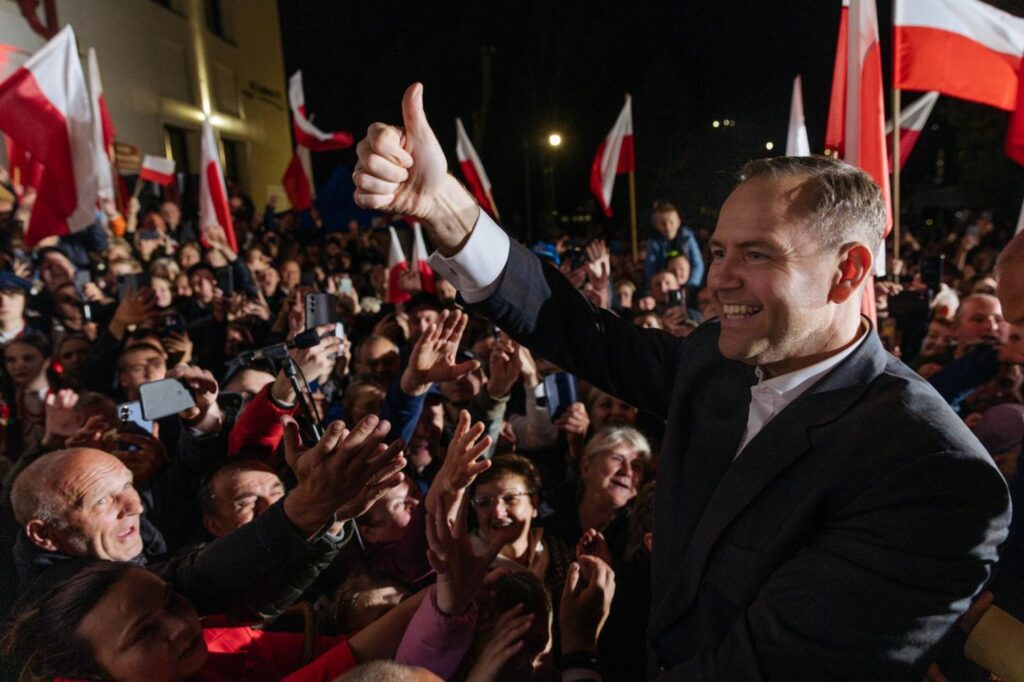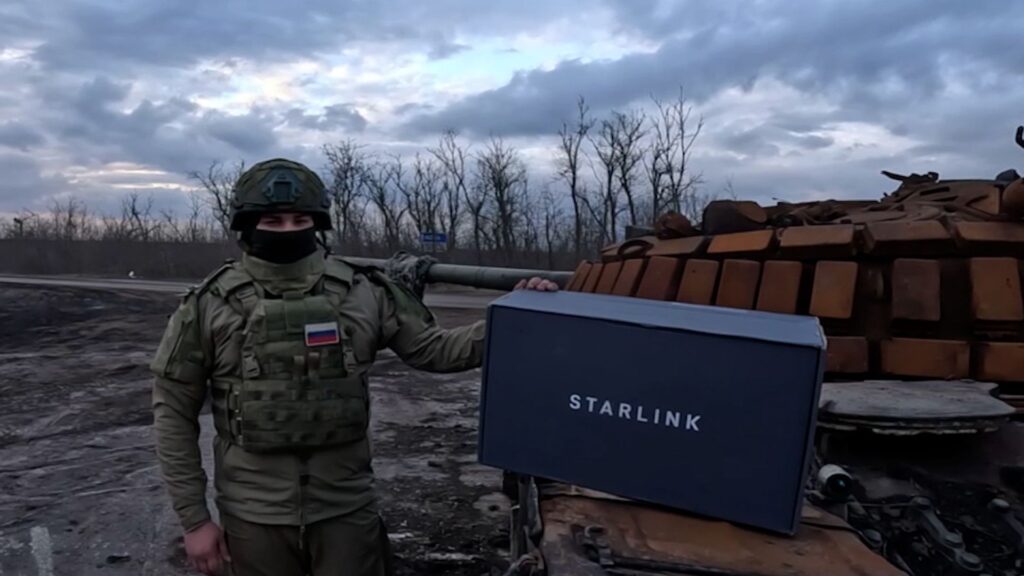Polish parliament adopts new law on aid to Ukrainians after Nawrocki’s veto
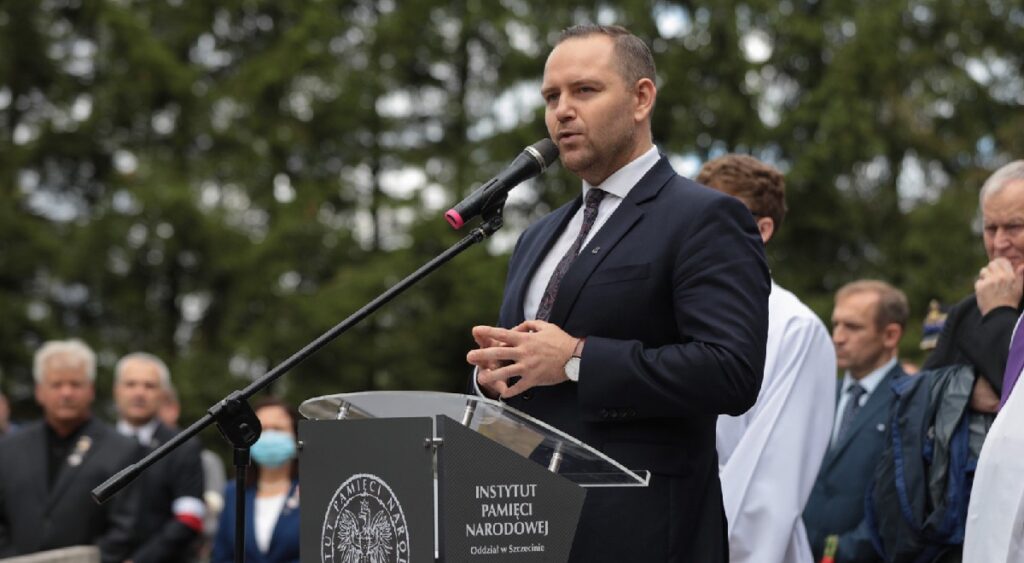
The Polish Sejm approved new legislation on 13 September, regulating the status of Ukrainian citizens who fled Russia’s full-scale invasion and their eligibility for financial assistance, according to the Polish media PAP.
The bill, passed with 227 votes in favor, 194 against, and seven abstentions, emerged after President Karol Nawrotcki vetoed earlier amendments to the so-called 800+ aid program for Ukrainian citizens in Poland at the end of August.
“The 800+ benefit should only go to those Ukrainians who work in Poland,” Nawrotcki explained his decision to reject the previous legislation.
The new law ties benefit eligibility to professional activity and children’s enrollment in Polish schools, with exceptions for people with disabilities. Foreigners must earn at least 50% of the minimum wage – 2,333 zloty gross in 2025 – to qualify for payments.
Polish authorities will conduct monthly checks on whether Ukrainians are working, suspending 800+ payments for those who are not. The Social Insurance Institution (ZUS) will also verify through Border Guard records whether Ukrainian citizens have left Poland.
The legislation introduces mandatory PESEL numbers for benefit applicants and their children to improve identification. Officials will verify children’s presence in Polish territory when assigning these identification numbers.
Healthcare access for adult Ukrainian citizens faces new restrictions under the law, limiting medical rehabilitation, dental treatment, and pharmaceutical programs.
The Sejm extended the legal status of Ukrainians who fled the war until 4 March 2026, aligning with the European Union Council decision. Current regulations provide temporary protection until the end of September 2025, after which Ukrainians would face problems with legal employment.
Deputies rejected several opposition amendments during the vote. The Law and Justice (PiS) party’s proposals for harsher penalties for illegal border crossings, anti-Bandera propaganda laws, and extending the residency requirement for Polish citizenship from three to 10 years all failed.
Claudia Jachira from the Civic Coalition wanted to link 800+ benefits to employment activity for both foreigners and Polish citizens, but her amendment was rejected. The Together (Razem) group’s proposal to restore previous benefit conditions also lacked support.
The new regulations integrate databases from various institutions to monitor foreigners’ eligibility and eliminate benefit fraud attempts. The law takes effect the day after publication in the Official Journal.
